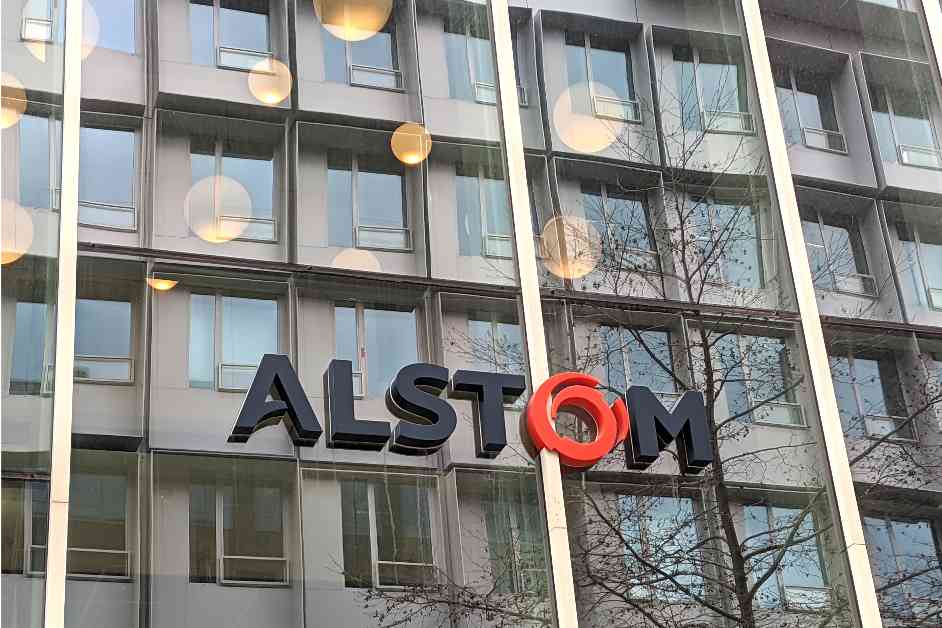In the first half of the fiscal year 2024/25, Alstom showcased a strong performance with a book-to-bill ratio of 1.25 and a 5.6% increase in organic sales. The company reported an aEBIT of €515 million, marking an 18% rise with a margin of 5.9%. Despite a Free Cash Flow of €(138) million, there was a decrease in net financial debt to €(927) million from €(2,994) million due to the successful execution of a deleveraging plan.
Looking ahead to the full year 2024/25, Alstom expects the book-to-bill ratio to be above 1, with sales organic growth around 5% and an aEBIT margin of approximately 6.5%. The Free Cash Flow is anticipated to fall within the range of €300 million to €500 million.
The company’s CEO, Henri Poupart-Lafarge, expressed optimism about the future, highlighting the strong commercial performance driven by green mobility policies and resilient demand despite geopolitical tensions. Alstom’s focus is on managing projects effectively, addressing supply chain challenges, and driving cost efficiencies to meet financial goals.
Alstom’s operational priorities in the first half of 2024/25 included enhancing the quality of order intake to drive margin growth in backlog, ramping up production on various projects, and implementing cost efficiency programs. The company saw growth in orders across multiple geographies, with significant contracts in Europe, particularly in Germany, France, and Italy.
In terms of innovation, Alstom is pioneering smarter and greener mobility solutions. The company is investing in research and development to develop cutting-edge technologies for autonomous mobility, data analytics, and mobility orchestration. Alstom’s commitment to decarbonization is evident in its partnerships with suppliers like SSAB for green steel and its goal to use 100% renewable energy by the end of 2025.
Financially, Alstom’s adjusted EBIT margin improved from 5.2% to 5.9% in the first half of 2024/25. The company recorded a capital gain related to the divestiture of its North American conventional Signalling business and incurred expenses related to the integration of Bombardier Transportation. The Free Cash Flow for the period was €(138) million, showing an improvement from the previous year.
Overall, Alstom’s strong commercial performance, focus on innovation and sustainability, and financial stability position it well for continued growth and success in the future.

